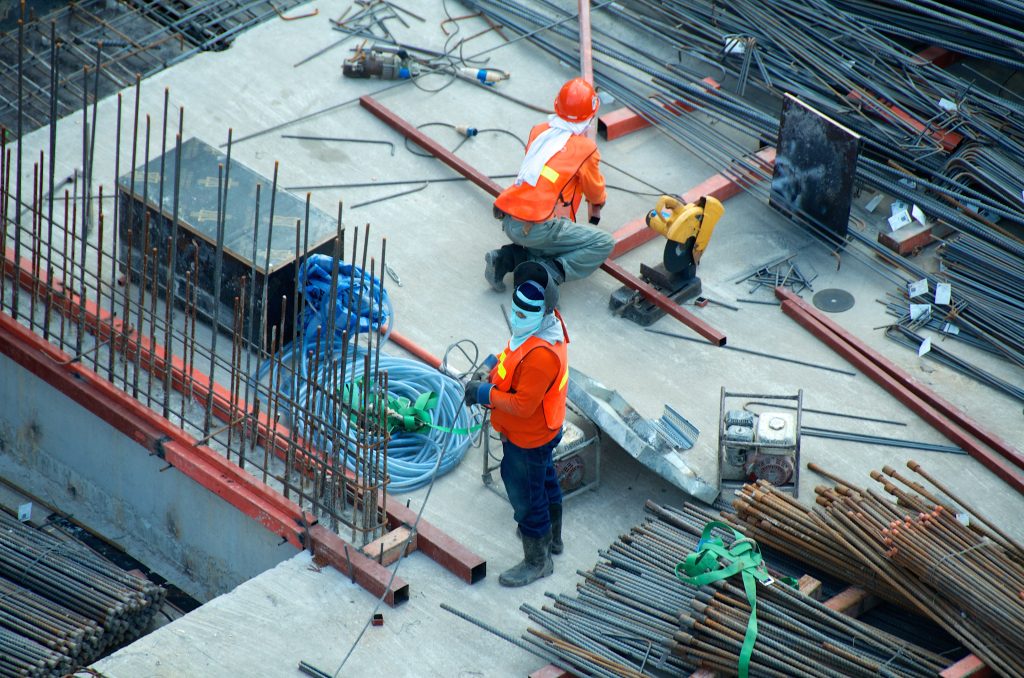Asian carbon emitting companies will see consistent negative margins in the next decade if they do not decarbonise, a new report from Imperial College Business School has concluded.
The report, Financial Implications of Carbon Pricing in the Asian Cement and Steel Industries, has been published by the Centre for Climate Finance & Investment at Imperial College Business School, alongside the Singapore Green Finance Centre.
The paper explores the financial impact of decarbonisation on Asian cement and steel companies covered by selected Asian Emission Trading Schemes, serving to quantify the effect of carbon pricing systems on leading cement and steel producers, operating primarily in China and South Korea.
Asia is the fastest-growing carbon trading market, with many countries within the region among the world’s major emitters of greenhouse gases (GHG). The Asia Pacific region stands out as the most vulnerable region to climate change in the world. Yet, many countries in the region tread lightly when it comes to introducing carbon pricing schemes to promote decarbonisation, as it is commonly believed that high carbon prices can impede the competitiveness of domestic industries.
The researchers of the new study conclude that the only way to reduce carbon price liability would be for these companies to decarbonise. However, the paper also reveals that the funds needed for firms to fully decarbonise may exceed most companies’ valuations. The report is published as carbon pricing is top of the agenda at COP28.
Carbon pricing, an instrument that captures the external costs of greenhouse gas emissions, is considered an essential climate mitigation policy tool. Global carbon pricing is currently an average of USD 6 per tonne. But, with consensus among experts that this must rise to USD 75-150 by 2030, and potentially USD 100-250 by 2050, to incentivise climate action, the issues of rising carbon prices has become a pressing issue for many organisations, particularly in the steel and cement industry.
Although the impact varies across firms, industries, and countries, the study finds that the majority of companies in the Asian region cannot survive rising carbon prices, with decarbonisation being offered as the only solution.
Reflecting on the findings of the report, Anastasiya Ostrovnaya, lead author of the report and Senior Research/Teaching Fellow at the Centre for Climate Finance & Investment, says:
“This study highlights the urgent need for firms to decarbonise – if nothing else, for their own survival. But, as this report suggests, the capital needed for full decarbonisation presents new challenges, prompting a debate on the capital structure and the state’s role.”
Antigoni Theocharidou, co-author, also remarked:
“The implications of this paper extend beyond national borders and stress the need for better information and investors’ education on the carbon pricing mechanisms in hard to abate sectors.”
Looking ahead, Ostrovnaya, Theocharidou and their co-authors conclude that decarbonising the Asian steel and cement sectors looks to be a daunting financial hurdle, particularly in the absence of subsidies.
They also stress the need for further research on second-order impacts, such as inflation and the redistribution of carbon pricing revenues, as well as the role of voluntary carbon markets in helping companies achieve their climate goals.
Featured Photo by Etienne Girardet on Unsplash.



